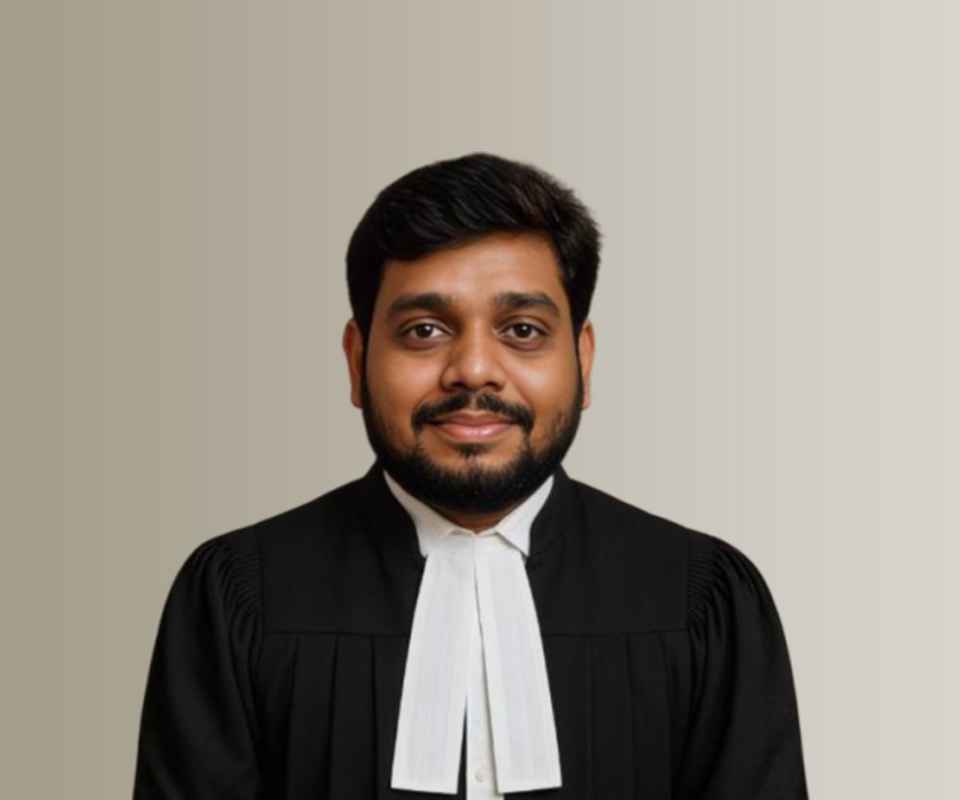Answer By law4u team
A marriage can be registered retroactively under specific circumstances, typically when it was not registered at the time of the marriage or when the registration was delayed for some reason. Retroactive registration allows the marriage to be legally recognized even after the actual ceremony has already taken place. However, this process involves fulfilling certain legal requirements.
Legal Process for Retroactive Marriage Registration
Application for Retroactive Registration: In most cases, a couple can apply for retroactive registration at the local marriage registrar’s office or the relevant authorities. This application should be supported by valid reasons for the delay in registration.
Documentation: To register the marriage retroactively, the couple will need to provide several documents, including:
- Proof of marriage (e.g., photographs of the ceremony, witnesses).
- Affidavits or statements from the couple or witnesses affirming that the marriage occurred on a specific date.
- Proof of identity, such as identity cards or passports.
- Any other documents required by the local marriage registrar, such as religious or community certificates if applicable.
Marriage Certificate or Other Proof: While the marriage was not initially registered, a certificate or affidavit can serve as supporting evidence. In some cases, the couple may also be required to provide additional proof, such as a declaration from the priest or person who officiated the marriage.
Under the Special Marriage Act: In India, the Special Marriage Act allows for the registration of a marriage without the need for the parties to be of the same religion. If a couple did not register their marriage immediately, they can approach the registrar under this Act to apply for retroactive registration. They will need to submit a joint application, provide identity proof, and appear before the registrar for verification.
Legal Validity: Once the necessary paperwork is submitted and the application is reviewed, the marriage can be officially registered with a retroactive date. This process may require the approval of the registrar, and in some cases, the couple may need to prove that they have been living together as a married couple for a certain period.
Court Intervention: In cases where retroactive registration is contested or there are difficulties in proving the marriage, the couple may need to file a petition in court. The court can order the registrar to accept the marriage and issue a retroactive certificate, provided the couple can prove the legitimacy of their union.
Circumstances for Retroactive Registration
Marriage Delayed by Circumstances: Sometimes, marriages are not registered immediately due to personal, cultural, or logistical reasons. For example, if a couple marries in a religious ceremony but fails to register the marriage right away due to ignorance or local practices, they may later decide to register it for legal recognition.
Posthumous Registration: In cases where one of the spouses is deceased, the surviving spouse may seek retroactive registration to establish their legal rights, such as inheritance or benefits. This can be particularly relevant when the couple had been married for years but failed to register the marriage.
Administrative Errors: If the marriage was initially registered but there was an error in the documentation or official records, the couple may request a retroactive correction of the marriage registration.
Example
Suppose a couple married in a private ceremony five years ago but never registered their marriage. Later, they wish to apply for a joint property loan or establish inheritance rights. They would need to present their marriage certificate (if they have one) or other proof such as affidavits or witness testimonies to apply for retroactive registration. Once the application is processed, the registrar may approve the retroactive registration and issue a marriage certificate with the original date.
Conclusion
Retroactive marriage registration is an important legal process that allows couples to formalize their marriage after the fact. While the process can vary depending on local laws, the couple must provide sufficient documentation and reasons for the delay. This process ensures the marriage is legally recognized, granting rights such as inheritance, property ownership, and tax benefits. It is crucial for individuals to understand the requirements and procedures for retroactive registration in their respective jurisdictions.







